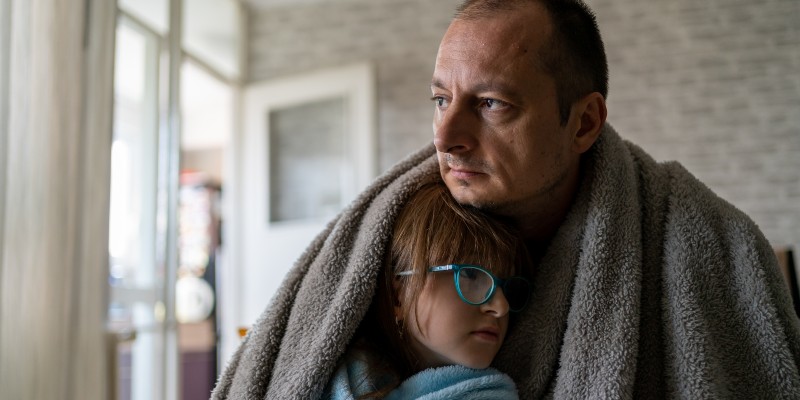News
RCN joins call for 'Essentials Guarantee' as cost of living crisis persists
Universal Credit doesn’t cover the cost of everyday essentials, putting the health of millions across the UK at risk. Now we’re demanding action, in partnership with others.

Connect with us:
In a letter to the Prime Minister, the RCN alongside other health and care organisations has raised concerns that widespread poverty is posing a serious risk to the nation’s health.
As the high price of everyday essentials continues, food scarcity and poor living conditions are having devastating knock-on consequences on mental and physical health. In addition to this, people are having to miss medical appointments to avoid travel costs and to reduce or not take medication as they can no longer afford prescription costs.
Joining the Joseph Rowntree Foundation (JRF), the Trussell Trust, and other leading charities, the letter calls for the UK government “to acknowledge the cost-of-living emergency is a health emergency and adopt the Essentials Guarantee to protect the nation’s health now and in the years to come.”
An Essentials Guarantee would be a new law to ensure Universal Credit’s basic rate is always at least enough for people to afford the essentials.
Currently, according to analysis by the JRF, the weekly Universal Credit standard allowance is £35 less than the cost of essential items for a single person. Further research by the JRF revealed around 9 in 10 low-income households in receipt of Universal Credit are going without at least one essential, such as food or a warm home, a number that has not budged since they first started tracking in May 2022. In addition, 2.7 million low-income households (23%) reported having a poor diet as a result of high prices over the last two years.
RCN Deputy Director of Nursing Dr Nichola Ashby said: “The government has said it will increase healthy life expectancy by 2035, but when people are struggling to afford the most basic day-to-day costs to look after themselves – like paying for their medical prescriptions – then this is looking increasingly unlikely.
“We know that poverty means people are more likely to be ill, and the growing health inequalities across our communities are putting additional demand on nursing staff working in an already over-stretched health sector.
“The Essentials Guarantee is an opportunity the government cannot miss to ensure everyone can afford to meet their basic needs.”











